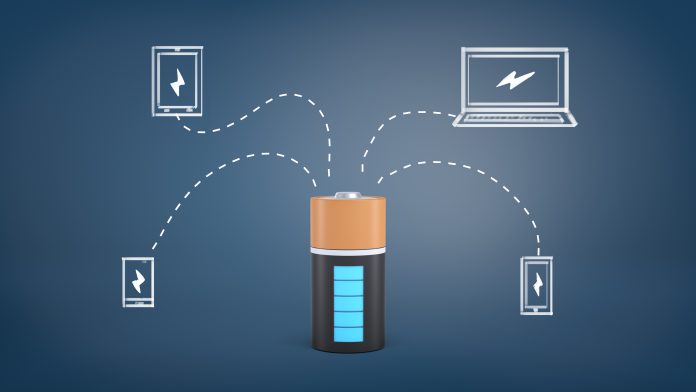If you want to get the most out of the batteries that charge your technology life you need to know how to care for them properly.
I’m sure you have heard tons of recommendations on how to care for batteries to ensure long life. However, some of the information you have heard is from the old battery technology and doesn’t apply anymore to the modern lithium battery technology. For example, nickel-based batteries need to be fully discharged, while modern lithium batteries shouldn’t be fully discharged.
Perform Shallow Discharges for phones and tablets.
Old nickel-based batteries have a “memory effect” and should be completely discharged from 100% to 0% to keep a long life. However, modern devices use Lithium Ion batteries, which work differently and don’t have a memory effect. If you fully discharge a li-ion battery you are actually damaging the battery and shortening the charge hold time. The best way to ensure these batteries stay healthy is to perform shallow discharges by discharging the battery to 40-70% before recharging it. It’s best if you don’t let your battery get below 20%.
Perform a full discharge for Laptops.
If you perform a shallow discharge on your laptop they can get give a false read on how long your device’s battery will last. Most Laptop manufacturers recommend you perform a full discharge about once a month to help calibrate the device’s battery time estimate. They don’t say it’s bad to do shallow discharges for the battery, they just warn of the false read of how many hours you can use your device before the battery will need to be charged again.
Heat (and Cold) Can Damage Batteries
Try not to leave your devices somewhere that gets extremely hot, such as a vehicle out in the sun all day where the temperatures get above 80 degrees. Batteries will wear down faster in the heat. Try to always keep your devices at room temperature.
Extreme cold temperatures can also affect the lifespan of your battery. Never put a spare battery in the freezer or leave any device in a vehicle in a cold environment.
Don’t Leave Batteries At 0%
Never leave your batteries in a fully discharged state for more than 24 hours. If you need to store your devices and know you won’t be turning it on for a while, charge the battery to at least 50% before you power it down. If you store your devices completely discharged the battery may become incapable of holding a charge at all leaving your battery unusable. However, if you store your batteries fully charged for an extended period, it could lose some of its charging capacity and shorten the batteries life.
Leaving Your Laptop Plugged in All the Time.
It’s okay to leave your laptop plugged in at your desk when you’re using it; the battery will stop charging when it reaches capacity. However, just as you should never store any battery at full capacity, you should never leave your laptop plugged in for months with the battery at full capacity. Occasionally you need to let the battery discharge to at least 70-40 % before charging it back up, this will help keep the electrons flowing and keep the battery from losing capacity.
Batteries Do Wear Down
Li-ion batteries will wear down over time, resulting in them holding less and less of a charge. Apple states its laptop batteries will reach 80% of their original capacity after “up to” 1000 full discharge cycles. Other manufacturers rate their batteries 300 to 500 cycles. When your batteries do wear down, they hold less electricity and you will notice your battery needs charging more often.
All Batteries will slowly wear down over time. But, with proper care, you can help your batteries last longer.



























